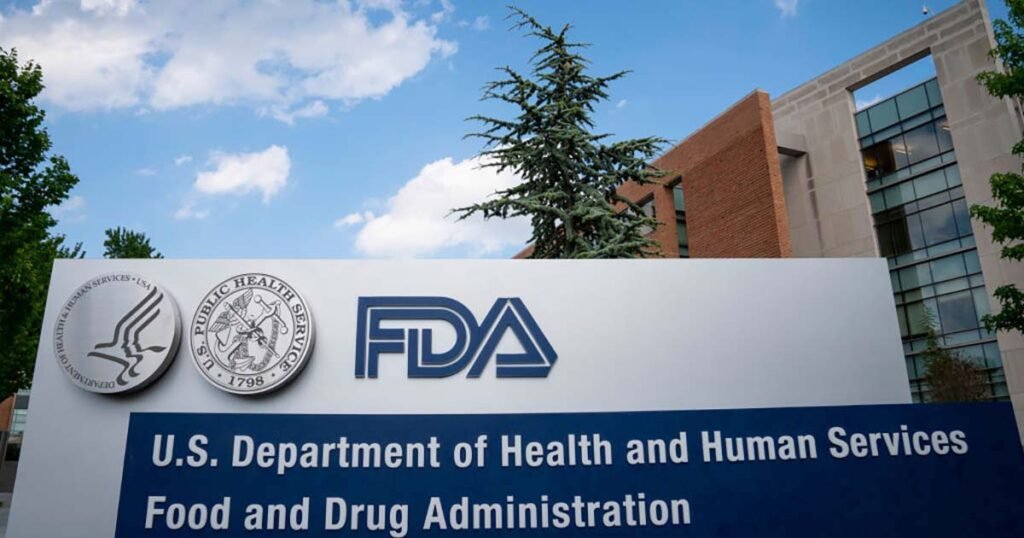A federal judge in Texas recently made a significant ruling that has implications for the regulation of laboratory-developed tests (LDTs) by the FDA. The judge determined that the FDA had overstepped its authority when it issued the Final Rule: Medical Devices; Laboratory Developed Tests in May of last year. This ruling came after a lawsuit filed by the American Clinical Laboratory Association (ACLA) and other plaintiffs, who argued that the FDA’s rule would increase costs, hinder innovation, and impact patient care.
The plaintiffs contended that LDTs are not the same as in vitro diagnostic (IVD) test kits, which the FDA traditionally regulates as medical devices. They argued that LDTs are professional services performed by clinicians in a laboratory setting, rather than packaged products sold in interstate commerce. The FDA’s rule would have required extensive and expensive regulatory review for all diagnostic laboratory tests, potentially disrupting the healthcare system.
The Texas court sided with the plaintiffs, vacating the FDA’s Final Rule and sending the issue back to the Secretary of Health and Human Services for further consideration. This decision was met with approval from industry leaders, who emphasized the importance of maintaining patient access to reliable diagnostic testing services.
In the larger context, the regulation of LDTs has been a point of contention between the FDA and the Centers for Medicare and Medicaid Services (CMS). While both agencies oversee LDTs in different capacities, the FDA’s recent attempt to enforce regulation sparked debate about the best approach to ensuring test accuracy and safety.
The FDA’s concerns about the quality of LDTs and the potential risks to patients led to the development of the Final Rule. However, the court’s ruling indicates that a different approach may be necessary to address these issues without imposing undue burdens on clinical laboratories.
Moving forward, it will be important for stakeholders to work together to find a balance between regulatory oversight and innovation in the development of laboratory-developed tests. By collaborating and considering the needs of patients and healthcare providers, we can ensure that diagnostic testing remains accurate, reliable, and accessible for all.


